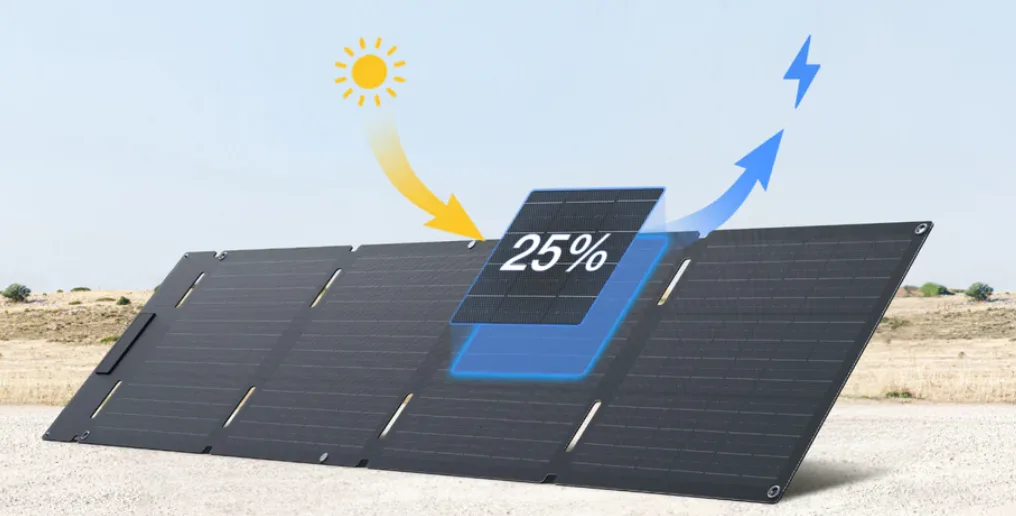Solar Panels for Small Businesses: A Lucrative Investment?
In an era where energy costs are a significant expense for small businesses and environmental consciousness is on the rise, the idea of investing in solar panels has gained traction. Solar energy offers a renewable and sustainable power source, but for small business owners, the question remains: is it truly a smart investment? The decision involves weighing initial installation costs against long-term savings, understanding potential incentives, and assessing how solar panels can impact a business’s bottom line and reputation. This article will delve into the various aspects of installing solar panels for small businesses to help you determine whether this investment is right for your enterprise.

Financial Benefits and Return on Investment
Reducing Energy Bills
One of the most immediate and significant benefits of installing solar panels for small businesses is the reduction in energy bills. By generating their own electricity, businesses can offset a substantial portion of their power consumption. For example, a small retail store or office space can use the electricity produced by solar panels to power lights, computers, and other equipment. Over time, these savings can accumulate to a considerable amount, especially as traditional energy costs continue to rise. In some cases, businesses may even produce excess electricity, which can be sold back to the grid, further increasing their savings or generating additional revenue.
Incentives and Tax Breaks
Governments at various levels often offer incentives and tax breaks to encourage the adoption of solar energy. Small businesses can take advantage of tax credits, state grants, and local rebates, which can significantly reduce the upfront cost of installing solar panels. These incentives can cover a substantial percentage of the installation expenses, making the investment more affordable. Additionally, some utility companies offer net metering programs, allowing businesses to earn credits for the excess electricity they feed back into the grid. By leveraging these financial incentives, small businesses can accelerate the return on their solar panel investment and enjoy long-term financial benefits.
Operational and Reputational Advantages
Energy Independence and Reliability
Solar panels provide small businesses with a degree of energy independence. By relying on solar power, businesses are less vulnerable to fluctuations in energy prices and power outages. During peak demand periods or in the event of grid failures, a business with solar panels can continue to operate, ensuring minimal disruption to its services. This reliability can be especially crucial for businesses that rely on continuous power, such as data centers, restaurants, or healthcare providers. Having a stable and independent energy source can enhance a business’s operational resilience and customer satisfaction.
Positive Brand Image
In today’s market, consumers are increasingly drawn to environmentally conscious businesses. Installing solar panels demonstrates a company’s commitment to sustainability and reducing its carbon footprint. This can enhance a small business’s brand image, attracting environmentally-minded customers and employees. A positive brand reputation can lead to increased customer loyalty, improved employee morale, and a competitive edge in the market. By investing in solar panels, small businesses can not only save on energy costs but also strengthen their brand and contribute to a more sustainable future.

Initial Investment and Space Requirements
Despite the long-term benefits, the initial cost of installing solar panels can be a significant hurdle for small businesses with limited capital. Additionally, businesses need to ensure they have sufficient roof space or land area to accommodate the solar panels. Assessing the available space and determining the optimal panel configuration requires careful planning and may involve additional costs for installation and maintenance.
System Performance and Maintenance
The performance of solar panels can be affected by factors such as weather conditions and shading. Regular maintenance is necessary to ensure optimal performance and longevity. Small businesses need to factor in the time and resources required for maintenance, including cleaning the panels and monitoring the system’s performance.
Conclusion
For small businesses, investing in solar panels can be a smart financial move with numerous operational and reputational advantages. While there are initial costs and considerations, the long-term savings on energy bills, combined with available incentives, can lead to a favorable return on investment. Moreover, the benefits of energy independence, a positive brand image, and contributing to environmental sustainability make solar panels an attractive option. Small business owners should carefully evaluate their energy needs, financial situation, and available resources to determine if solar panels are the right investment for their enterprise. With proper planning and execution, solar panels can be a valuable asset that drives business growth and success.
